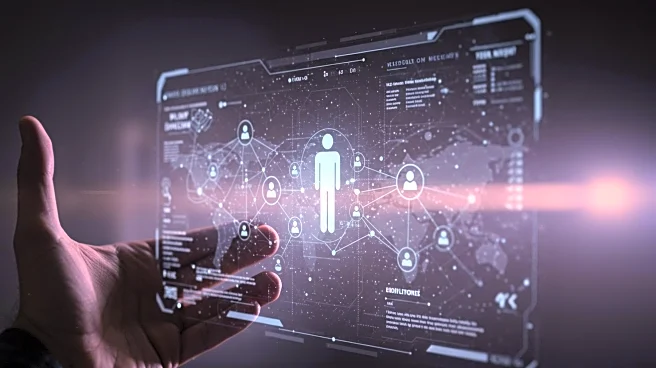What's Happening?
AI technology is poised to significantly alter military command structures that have remained largely unchanged since the era of Napoleon. Autonomous AI agents, capable of parsing doctrinal manuals and generating operational plans, are being integrated into military systems to streamline decision-making processes and reduce the size of command posts. These agents promise to automate routine tasks, enhance intelligence fusion, and support commanders with timely updates, thereby increasing operational efficiency and resilience.
Why It's Important?
The integration of AI into military command structures represents a pivotal shift in modern warfare, offering the potential to overcome coordination challenges and improve decision-making speed. By reducing the size and complexity of command posts, military operations can become more agile and less vulnerable to precision attacks. This technological advancement could redefine military strategy and operations, providing a strategic advantage in great power competitions and modern conflicts.
What's Next?
The U.S. military is expected to institutionalize AI agents, incorporating them into war games and training programs. This will require investments in computational infrastructure, cybersecurity measures, and educational reforms to equip officers with the necessary skills to work alongside AI. The military's ability to adapt to these changes will determine its effectiveness in future conflicts, as reliance on outdated command structures could hinder operational success.









